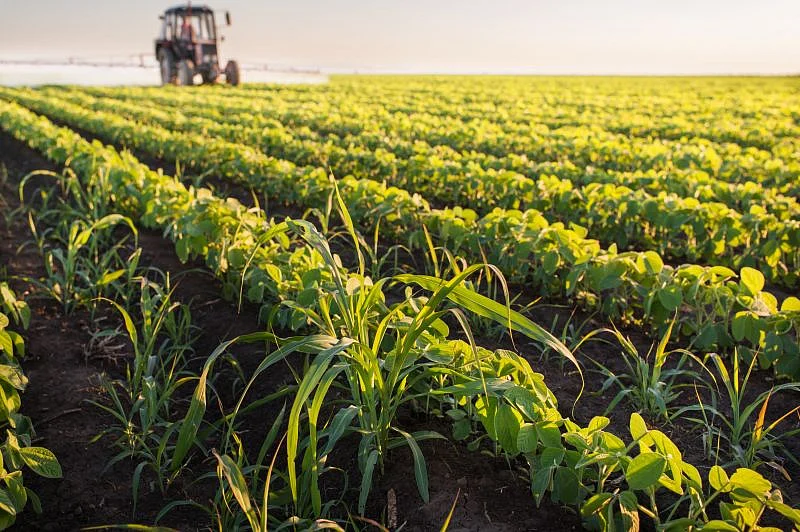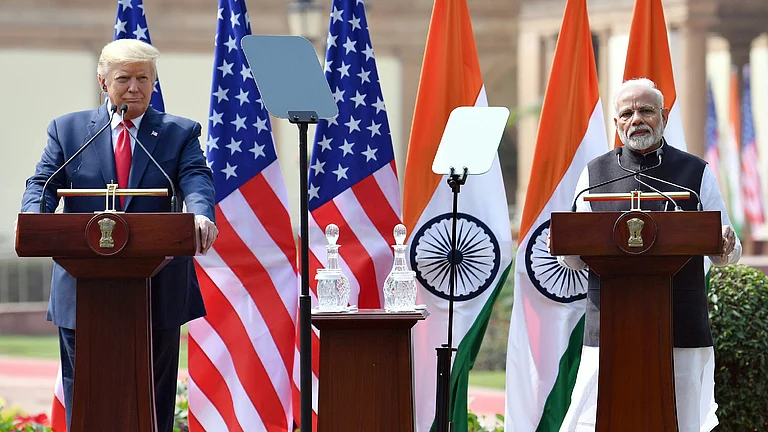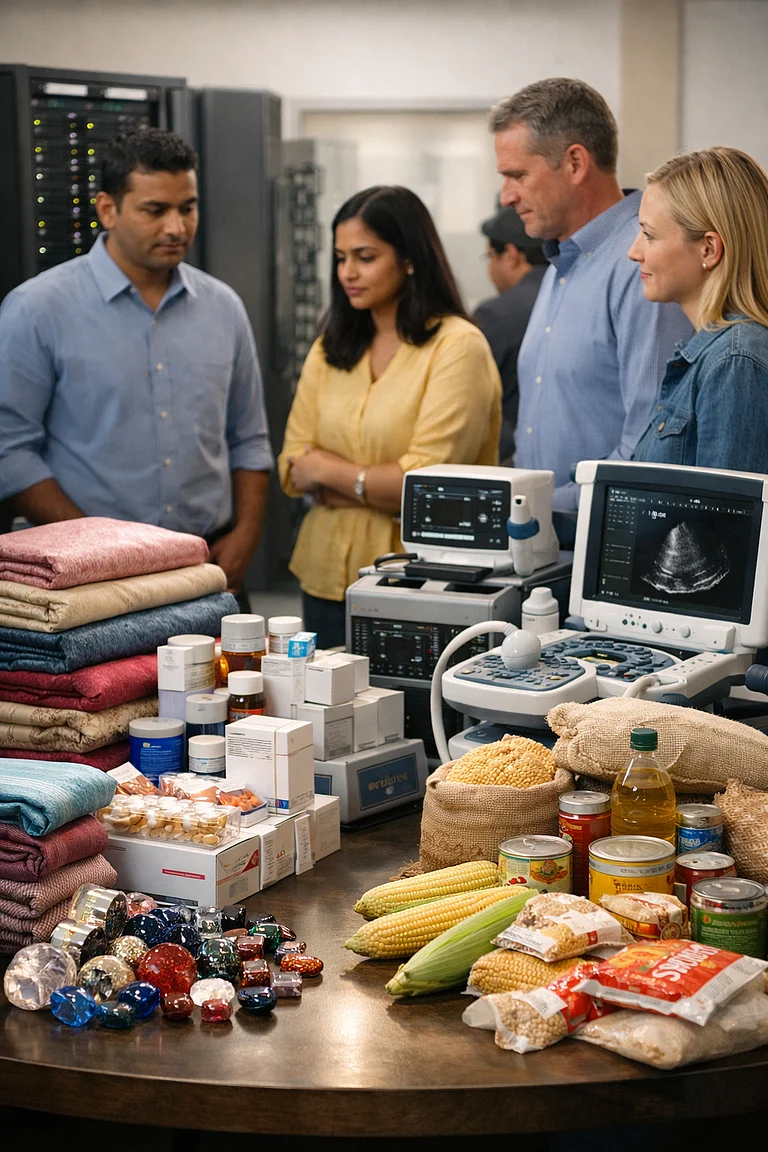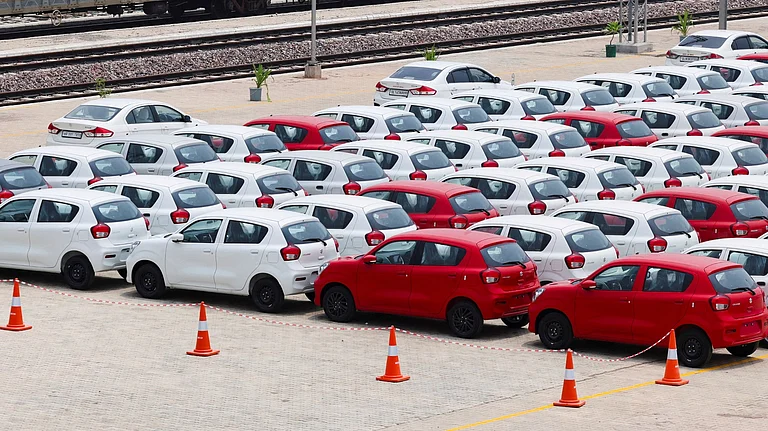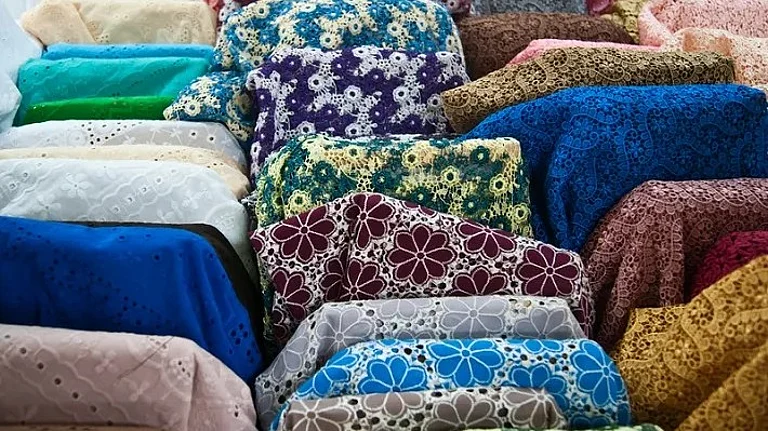
NBIF sought urgent government intervention to address regulatory delays at home and high tariffs abroad that hinder the ₹40,000 crore biostimulant sector.
The industry, with 5,000+ SMEs, faces tariffs of 15–28% and non-tariff barriers like efficacy trials and residue tests in key export markets.
Lack of mutual recognition agreements with blocs like the EU and ASEAN worsens export hurdles.
The National Biostimulant Industry Federation (NBIF) on Sunday called for urgent government intervention to address regulatory bottlenecks in the domestic market and high tariffs abroad, which are hampering the sector's growth potential.
NBIF urged the Prime Minister Narendra Modi's office to coordinate reforms across key ministries to support an industry valued at ₹40,000 crore and comprising over 5,000 small and medium enterprises.
Indian biostimulant exporters face tariffs of 15-28% in key global markets, along with non-tariff barriers, including origin-specific efficacy trials and residue testing requirements, NBIF said in a statement.
The absence of mutual recognition agreements with major trading blocs, like the European Union and ASEAN, compounds these challenges.
Domestically, the industry is grappling with regulatory ambiguity and delays in product approvals under India's Fertiliser Control Order, with no dedicated testing protocols for natural substances like seaweed and humic acid.
"The industry doesn't need subsidies. What it needs is clear, science-driven, and industry-aligned regulation," NBIF President Rajit Choksi said.
India possesses significant natural advantages for biostimulant production, including a 7,500-kilometre coastline suitable for seaweed cultivation and lignite-rich regions for humic acid extraction.
Seaweed and humic-based products comprise over 70% of the global USD 6.2 billion biostimulant market.
However, global companies are increasingly capturing India's domestic market, while local manufacturers struggle with regulatory clearances, according to NBIF Secretary General Sahil Malik.
The federation has proposed a series of policy reforms, including declaring biostimulants a strategic sector, establishing a national tariff strategy task force, and creating centralised testing facilities.
With appropriate reforms, India could expand its biostimulant market from ₹4,000 crore to ₹15,000 crore by 2030 while creating employment for over 1,00,000 agricultural workers and biotechnology professionals, NBIF said.






